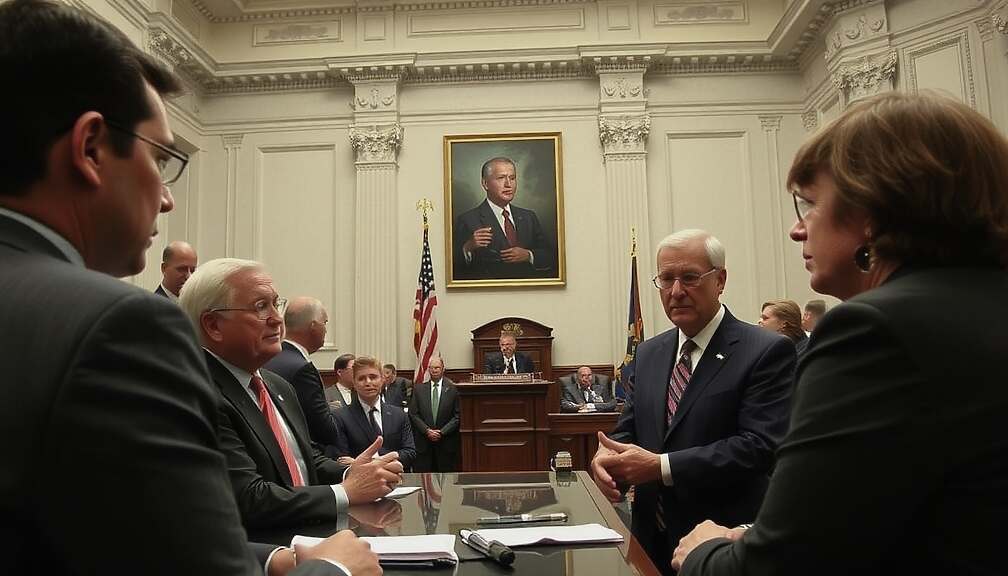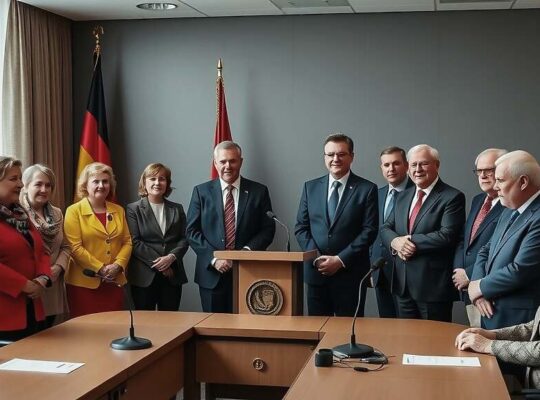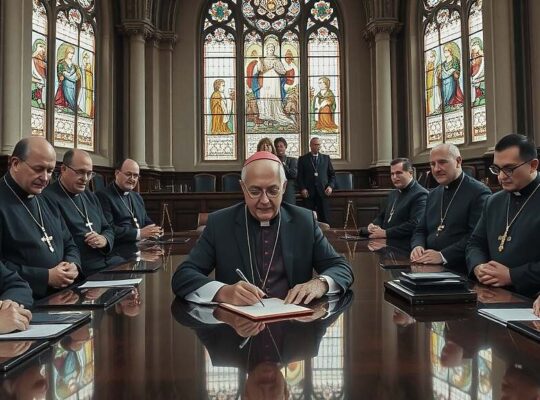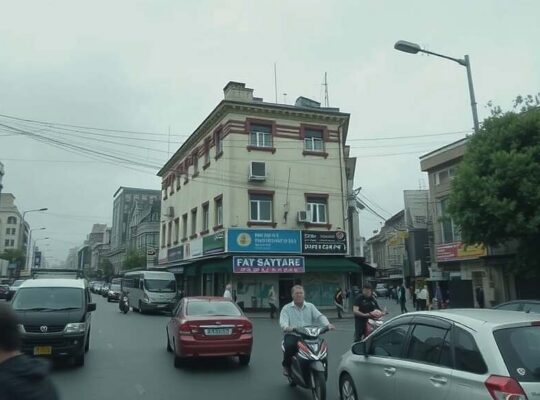Prime Minister Sébastien Lecornu has signaled a significant shift in the French government’s approach to pension reform, proposing a temporary halt to President Emmanuel Macron’s contentious policy overhaul until at least the 2028 presidential election. The announcement, delivered in a foundational speech to the National Assembly on Tuesday, represents a substantial political concession amidst mounting public discontent and the looming threat of a no-confidence vote.
The proposed suspension, which would effectively freeze the planned incremental increase of the retirement age from 62 to 64, stems from escalating pressure from socialist factions threatening a renewed vote of no confidence. Lecornu emphasized the necessity of a “new debate” concerning the future of the French pension system, acknowledging that social reforms, however vital, require broad societal understanding and a perceived sense of fairness.
While Macron’s government maintains the long-term goals of pension reform remain essential for fiscal stability, the immediate suspension carries a considerable financial burden. Lecornu outlined that the halt will necessitate an estimated €400 million in 2026 and €1.8 billion in 2027, requiring offsetting measures. To compensate, the government’s newly approved budget draft includes proposals for a tax on asset management firms and a partial extension of a special contribution on the profits of large corporations. Furthermore, pension payments and social benefits are slated for a freeze in 2026.
The government’s maneuver is widely interpreted as a strategic retreat, aimed at diffusing political tensions and averting a potentially destabilizing crisis. However, it also raises questions about the long-term sustainability of the French social security system and the government’s ability to deliver on its fiscal commitments. Critics argue that the temporary reprieve merely postpones the difficult decisions required to address the aging population and rising costs of social welfare. The move also casts a shadow over Macron’s legacy, raising doubts about his capacity to enact significant structural reforms amidst persistent public resistance and a fractured political landscape. The proposed freeze also risks undermining investor confidence and complicating the government’s broader economic strategy.












